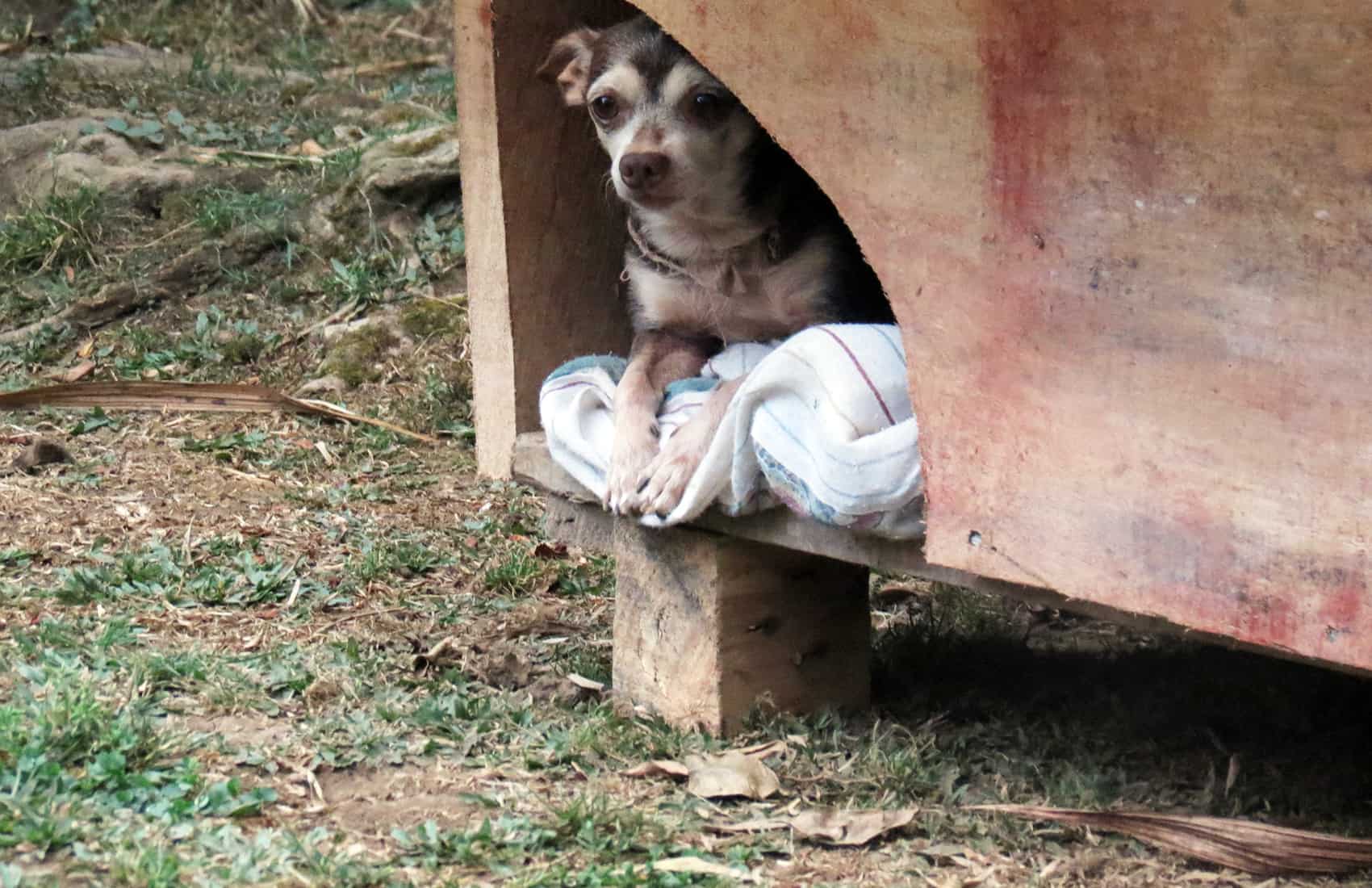Costa Rica’s animal welfare bill, which seeks harsher punishment, including prison time, for abusing animals, faces an uncertain future after several lawmakers filibustered a vote on the bill last week by filing over 70 motions against it.
The bill was in the top spot on the Legislative Assembly’s agenda last week, but motions filed — mostly by Libertarian Movement lawmaker Otto Guevara — blocked discussion of the bill during the final days of the extraordinary period of sessions that ended April 26.
Among its main goals, the animal welfare bill seeks stricter sanctions, including prison sentences ranging from six months to three years and monetary fines of up to $1,600, for causing the death of an animal.
Animal cruelty or abuse would be punishable with prison time from six months to two years and fines of up to $1,300. The bill describes abuse as any action affecting an animal’s health, including the loss or disabling of a body organ.
The bill also proposes penalties for individuals who promote animal fights, perform sexual acts on animals or practice vivisection on them for purposes not related to scientific research.
Opponents say the bill would cripple Costa Rican traditions like bullfighting and horse parades.
President Luis Guillermo Solís, who is responsible for setting the legislative agenda during the extraordinary period, had made the long-promised animal welfare bill a top priority. But Guevara refused to negotiate and filed the motions that now need to be discussed and voted on by the full Assembly before moving forward with discussion and voting on the entire bill.
But even getting the bill on the agenda for the new legislative session could prove elusive. The animal welfare bill was left out of the lawmakers’ agenda in an agreement reached last Sunday by eight opposition parties to maintain control over the Legislative Assembly’s Directorate.
The new leader of the legislature, Antonio Álvarez Desanti from the National Liberation Party, said the bill was not made a priority in the new agenda because “it would have prevented us from reaching agreements with other parties,” he said.
This week, the Legislative Assembly commenced the ordinary period of sessions that runs until July 31. The Assembly’s directorate sets the agenda for the period, but Álvarez will, at least in theory, have to follow the agreement that landed him the president’s seat.
Available options
Lawmakers who support the bill, including Marcela Guerrero from the ruling Citizen Action Party (PAC), believe negotiation is still the bill’s best option for moving up on the agenda.
“I’m not optimistic but I’ll keep negotiating even if I’m the only one,” Guerrero told reporters earlier this week.
Broad Front Party legislator Ligia Fallas, also a supporter of the bill, said it would be very difficult to move the bill from its current position on the agenda. “At this time, I don’t think there is enough political will to negotiate,” she said.
PAC’s Guerrero said another potential strategy is to start working through the motions filed by Guevara and other lawmakers who oppose the bill and then ask Solís to include the bill again as a top priority for the next extraordinary period of sessions that begins August 1. That period, however, only lasts a month, an extremely short length of time for passing a bill, especially a controversial one.
A third option is to push the animal welfare bill as a citizen’s initiative, which would force lawmakers to prioritize discussion and voting on the bill.
Dozens of animal rights groups are working to get approval for a referendum that would force a vote on the animal welfare bill.
Juan Carlos Peralta Víquez, president of the Association for Animal Welfare and Protection (ABAA), said he and colleagues started working towards a referendum after witnessing all the setbacks and obstacles the bill has faced at the Assembly.
ABAA leaders submitted the request to the Supreme Elections Tribunal (TSE) two years ago. In March, TSE officials said the request was ready for publication in the official newspaper La Gaceta, a requirement before signature-gathering can start.
If activists receive the TSE’s final approval, they will be granted up to 10 months to collect signatures from at least 5 percent of the country’s registered voters, or some 160,000 citizens.
Peralta said Thursday that despite moving forward with the referendum, supporters of the bill are still hoping for a change of heart from lawmakers.
“The referendum is our last resource,” Peralta said. “We would be more than happy to save taxpayers the ₡2,750 million ($5 million) that it would cost.”
Peralta said he is confident that a referendum would be successful, saying activists have the necessary structure to collect enough signatures to force the legislature to make the bill a priority. He said 46 animal rights groups and hundreds of citizens had already pledged to volunteer in collecting signatures.
“It is up to lawmakers if they want our country to spend that kind of money on a referendum, but we will not stop fighting to get this law approved,” he said.






